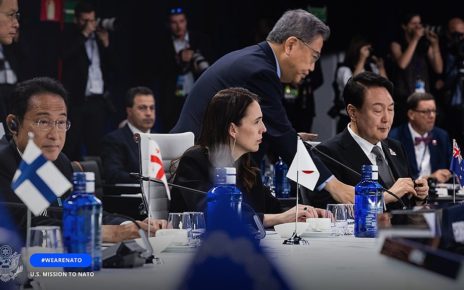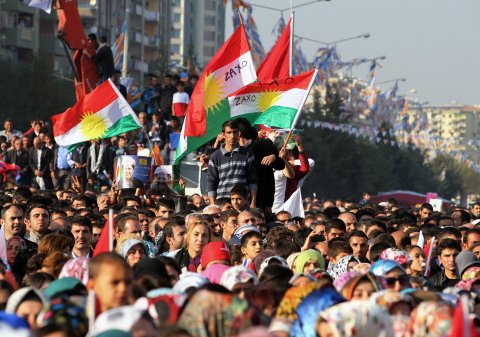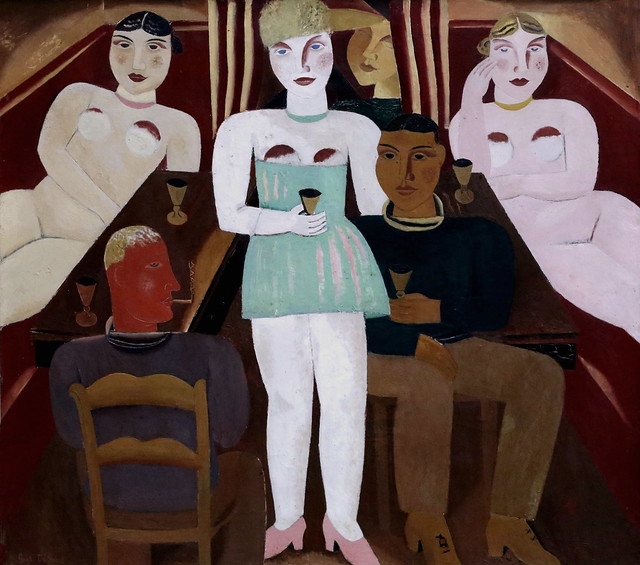For the past few months, the Canadian Armed Forces have been attracting negative media attention, with particular emphasis on gender issues. First, there were allegations of sexual misconduct by a popular up and coming officer, resulting in 10 sex-related charges. Then, after extensive media stories about the Canadian military and sexual misconduct of female soldiers, General Thomas Lawson ordered an external review.
When the report by retired Justice Deschamps was released, once again the Canadian Forces were placed in the spotlight for the wrong reasons. The report not only verified the media stories, but also identified serious issues within the way the Canadian Forces handled the “underlying sexualized culture.” Furthermore, contained within the report was the issue of vast under-reporting of sexual harassment, misconduct and assault within the Canadian Forces. Women seemed to be the main target in this highly sexualized culture.
After receiving the report, General Lawson would not promise to implement the main recommendation from this report, to establish an independent body to receive the complaints of sexual misconduct and offer support for victims. However, before the report was released, Lawson had established the Canadian Forces Strategic Response Team on Sexual Misconduct.
The Canadian Forces’ attempts to cut recruitment targets pertaining to women have been interpreted as the solution the Forces sought to solve the problem of its highly sexualized environment. By having a lower ratio of women, the issue of sexual misconduct and harassment would not be seen as an important priority based on the demographics of the army. The current target is set at 25.1% for women to serve in the Canadian Forces, but actual representation sits at 15%. However, this move was suggested long before the Deschamps Report in order to establish a more realistic target.
The new Chief of Defense Staff, General Jonathan Vance, is strongly projecting the message of an anti-harassment and zero-tolerance on sexual misconduct. He also promised to act upon the recommendations of the report that General Lawson did not promise to implement.
Despite all the negativity, Canadian women who serve in combat roles have definitely been making a positive impact. Captain Ashley Collette who served in Kandahar Afghanistan is one of Canada’s recipients of the Medal of Military Valour. The Medal of Military Valour is Canada’s third-highest military honour. Captain Collette received the medal in 2012 for her leadership of an all-male platoon. In fact, Canada allowed female soldiers to serve on the front line far before the United States allowed it.
If the Canadian Forces promoted the positive experiences of females in various combat roles more often, this could lead to inspiration. This in turn could make it easier for the army to reach its target goal of female representation. This kind of example of exemplary female performance in a recent military operation is exactly what the Canadian Armed Forces needs in order to improve female recruitment by inspiring Canadian women to want to join the Canadian Armed Forces to help protect Canada and contribute to international peace and security around the world.



